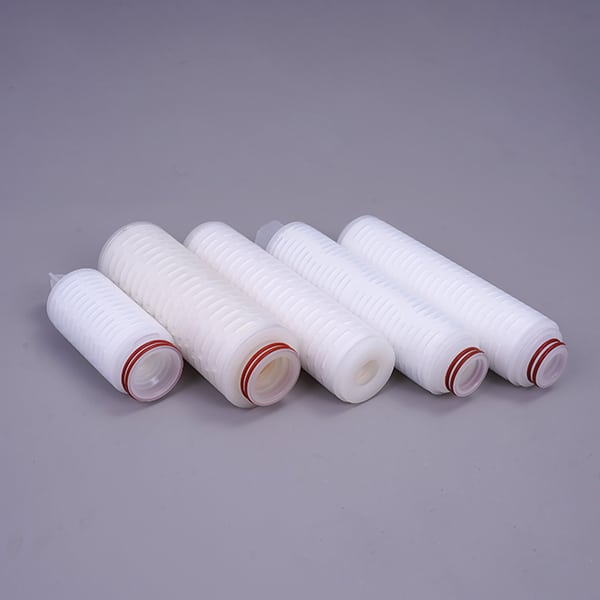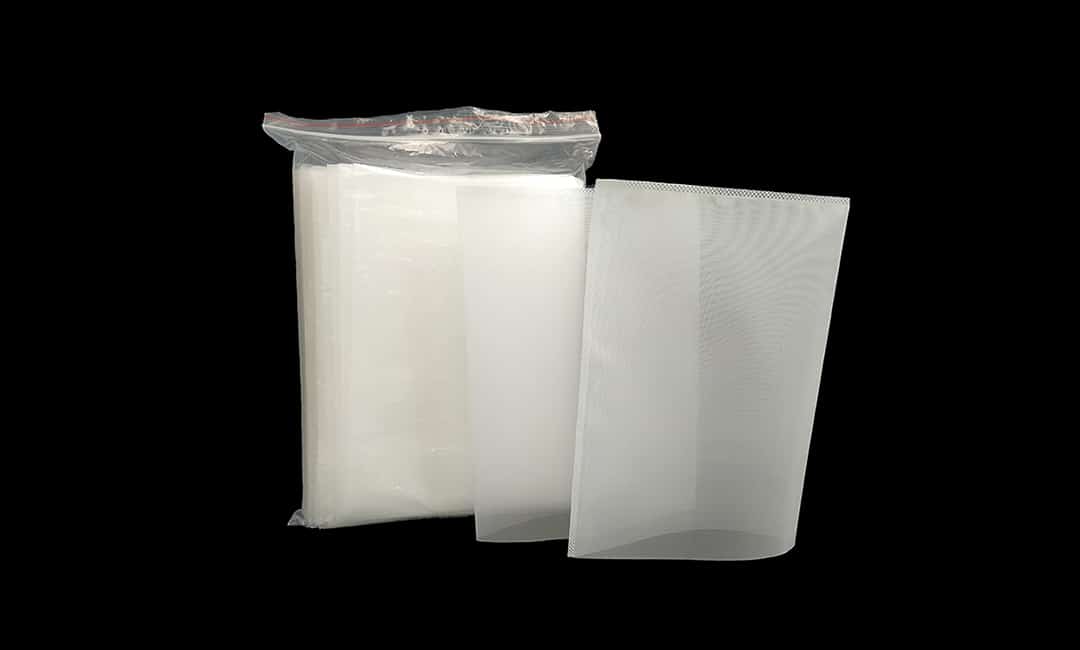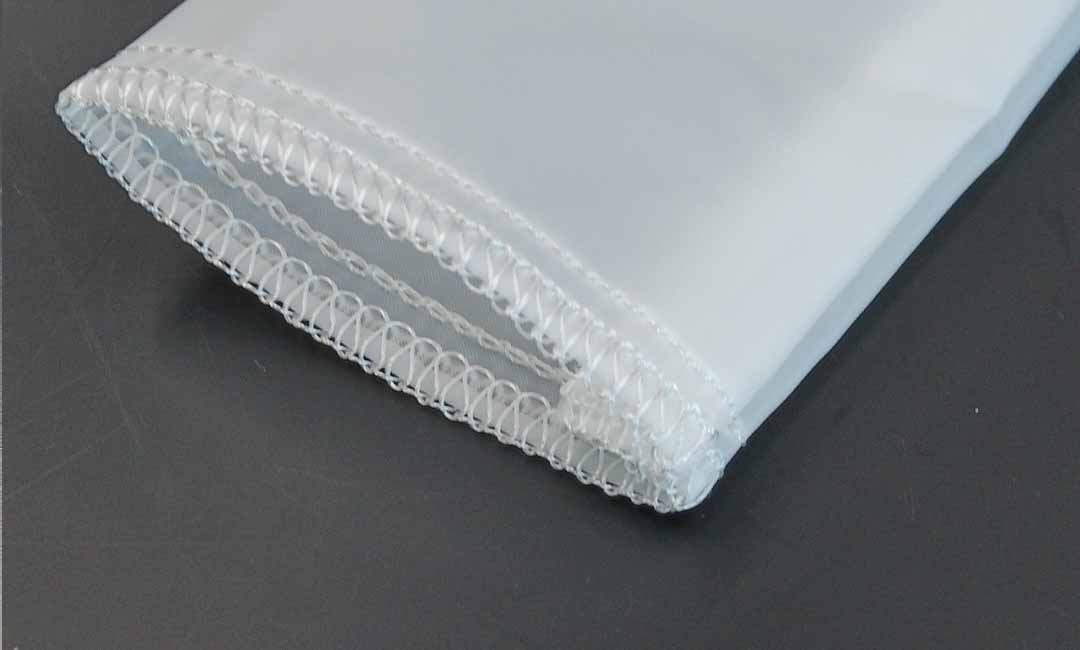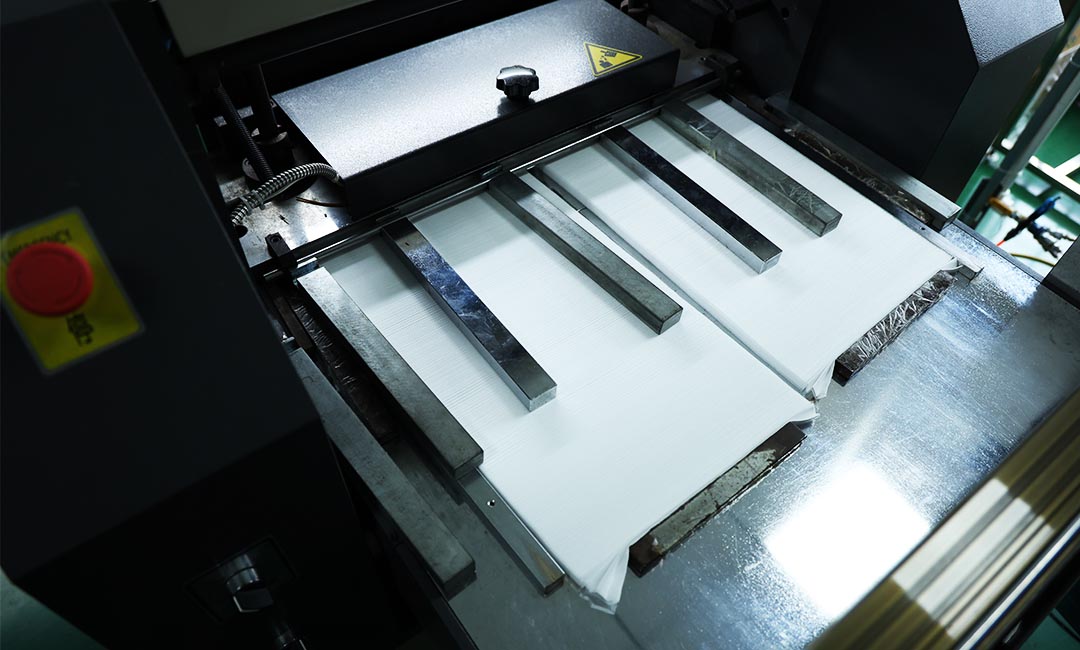
How to Choose the Right Micron Bag for Rosin Extraction
Material Options for Micron Bags
When it comes to rosin extraction, choosing the right micron bag is crucial for achieving the best results. Micron bags are used to filter out plant material and impurities during the extraction process, leaving you with a clean and potent rosin concentrate. There are several material options available for micron bags, each with its own unique properties and benefits. In this article, we will explore the different material options for micron bags and help you choose the right one for your rosin extraction needs.

One of the most common materials used for micron bags is nylon. Nylon micron bags are durable, heat-resistant, and have a fine mesh that effectively filters out plant material while allowing the rosin to pass through. Nylon bags are available in a variety of micron sizes, ranging from 25 to 220 microns, allowing you to customize your extraction process based on your desired yield and quality. Nylon bags are also reusable, making them a cost-effective option for long-term use.
Another popular material option for micron bags is polyester. Polyester bags are similar to nylon in terms of durability and heat resistance, but they have a slightly different mesh structure that may affect the quality of the rosin. Polyester bags are available in a range of micron sizes, typically between 25 and 160 microns. While polyester bags are also reusable, some users find that they are not as effective at filtering out plant material as nylon bags.

For those looking for a more eco-friendly option, hemp micron bags are a great choice. Hemp bags are made from natural fibers and are biodegradable, making them a sustainable option for rosin extraction. Hemp bags have a coarser mesh compared to nylon and polyester bags, which may result in a lower yield but a higher quality rosin. Hemp bags are available in micron sizes ranging from 25 to 160 microns and are also reusable, making them a popular choice among environmentally conscious users.
Silk micron bags are another material option for rosin extraction, although they are less commonly used than nylon, polyester, and hemp. Silk bags have a fine mesh that effectively filters out plant material, resulting in a clean and potent rosin concentrate. However, silk bags are not as durable as nylon or polyester bags and may need to be replaced more frequently. Silk bags are available in micron sizes ranging from 25 to 160 microns and are reusable to some extent.
In conclusion, choosing the right micron bag for rosin extraction is essential for achieving the best results. Nylon bags are durable, heat-resistant, and effective at filtering out plant material, making them a popular choice among users. Polyester bags are similar to nylon but may not be as effective at filtering out plant material. Hemp bags are a sustainable and eco-friendly option with a coarser mesh that may result in a higher quality rosin. Silk bags are effective at filtering out plant material but may not be as durable as other options. Consider your extraction needs and preferences when choosing a material for your micron bag, and experiment with different options to find the one that works best for you.
Sizing Considerations for Micron Bags
When it comes to rosin extraction, choosing the right micron bag is crucial for achieving the desired results. Micron bags play a key role in the extraction process by filtering out plant material and allowing only the purest rosin to pass through. However, with so many options available on the market, it can be overwhelming to determine which micron bag is best suited for your needs. In this article, we will discuss the sizing considerations for micron bags to help you make an informed decision.
One of the most important factors to consider when choosing a micron bag is the size of the mesh. Micron bags are available in a range of sizes, typically ranging from 25 to 220 microns. The size of the mesh determines the level of filtration, with smaller micron sizes providing finer filtration and larger micron sizes allowing more material to pass through.
If you are looking to extract a high-quality rosin with minimal plant material, a smaller micron size is recommended. A 25 or 37-micron bag is ideal for this purpose, as it will filter out the majority of plant material and leave you with a clean, pure rosin. However, it is important to note that using a smaller micron bag may also result in a lower yield, as some of the rosin may be trapped in the bag due to the fine mesh.
On the other hand, if you are more concerned about maximizing your yield and are willing to sacrifice a bit of purity, a larger micron size may be more suitable. A 90 or 120-micron bag is a good compromise between filtration and yield, allowing you to extract a decent amount of rosin while still filtering out a significant amount of plant material.
Another factor to consider when choosing a micron bag is the material it is made from. Micron bags are typically made from nylon or polyester, with nylon being the more popular choice due to its durability and resistance to heat. Nylon bags are also reusable, making them a cost-effective option in the long run.
When selecting a micron bag, it is important to consider the type of press you will be using for extraction. Different presses may require different sizes of micron bags, so be sure to check the manufacturer’s recommendations before making a purchase. Additionally, consider the amount of material you will be extracting at once, as this will also impact the size of the micron bag you need.
In conclusion, choosing the right micron bag for rosin extraction is essential for achieving the desired results. Consider factors such as mesh size, material, and press type when making your decision. By taking the time to carefully select the appropriate micron bag, you can ensure a successful extraction process and produce high-quality rosin every time.
Mesh Size and Filtering Efficiency
When it comes to rosin extraction, choosing the right micron bag is crucial for achieving the desired results. The micron size of the bag determines the level of filtration during the extraction process, which ultimately affects the quality and yield of the rosin. Understanding the relationship between mesh size and filtering efficiency is essential for selecting the appropriate micron bag for your specific needs.
Micron bags are available in a range of sizes, typically ranging from 25 to 220 microns. The micron size refers to the size of the openings in the mesh, with smaller numbers indicating finer mesh and larger numbers indicating coarser mesh. The finer the mesh, the smaller the particles that can pass through, resulting in a higher level of filtration.
When choosing a micron bag for rosin extraction, it is important to consider the type of material being used. Different materials require different levels of filtration to achieve optimal results. For example, flower material may require a finer mesh size to filter out plant matter and impurities, while kief or hash may require a coarser mesh size to allow the trichomes to pass through more easily.
In general, a micron bag with a smaller mesh size will provide better filtration and higher purity rosin, but it may also result in a lower yield due to the finer particles being trapped in the bag. On the other hand, a micron bag with a larger mesh size will allow more material to pass through, resulting in a higher yield but potentially lower purity.
It is important to strike a balance between filtration and yield when selecting a micron bag for rosin extraction. This balance will depend on the specific material being used and the desired outcome. Experimenting with different mesh sizes and observing the results can help determine the optimal micron bag for your extraction process.
In addition to mesh size, it is also important to consider the material and construction of the micron bag. Bags made from high-quality materials such as nylon or polyester are more durable and less likely to break or tear during the extraction process. Reinforced stitching and seams can also help prevent leaks and ensure a more efficient extraction.

When choosing a micron bag, it is recommended to select a reputable supplier that offers a variety of sizes and materials to choose from. It is also helpful to read reviews and seek recommendations from other rosin extractors to find a bag that meets your specific needs.
In conclusion, selecting the right micron bag for rosin extraction is a critical step in achieving high-quality results. Understanding the relationship between mesh size and filtering efficiency is key to choosing the appropriate bag for your material and desired outcome. By experimenting with different mesh sizes and materials, and seeking recommendations from other extractors, you can find the perfect micron bag for your rosin extraction process.
Durability and Reusability of Micron Bags
When it comes to rosin extraction, choosing the right micron bag is crucial for achieving the desired results. Micron bags play a significant role in the extraction process by filtering out plant material and allowing only the purest rosin to pass through. One important factor to consider when selecting a micron bag is its durability and reusability.
Durability is a key consideration when choosing a micron bag for rosin extraction. The bag needs to be able to withstand the pressure and heat involved in the extraction process without tearing or breaking. A durable micron bag will ensure that the rosin is filtered properly and that no plant material contaminates the final product.
One way to determine the durability of a micron bag is to look at the material it is made from. Nylon and polyester are commonly used materials for micron bags due to their strength and heat resistance. These materials can withstand the high temperatures and pressures involved in rosin extraction, ensuring that the bag remains intact throughout the process.
In addition to durability, reusability is another important factor to consider when choosing a micron bag for rosin extraction. Reusable bags are not only more cost-effective in the long run but also more environmentally friendly. By choosing a reusable micron bag, you can reduce waste and minimize your impact on the environment.
To ensure that a micron bag is reusable, it is important to clean it properly after each use. Residual rosin and plant material can build up in the bag over time, affecting its performance and lifespan. Cleaning the bag with a solvent or warm water and soap can help remove any buildup and extend its usability.
Another way to prolong the life of a micron bag is to handle it with care during the extraction process. Avoiding excessive pressure or rough handling can prevent tears and damage to the bag, ensuring that it remains in good condition for multiple uses.
When choosing a micron bag for rosin extraction, it is important to consider both durability and reusability. A durable bag made from high-quality materials like nylon or polyester will ensure that the rosin is filtered properly without any contamination. Additionally, opting for a reusable bag can help reduce waste and minimize your environmental impact.
In conclusion, selecting the right micron bag for rosin extraction involves considering its durability and reusability. By choosing a bag that is strong and long-lasting, you can ensure that the extraction process is efficient and effective. Additionally, opting for a reusable bag can help reduce waste and promote sustainability in your extraction practices. By taking these factors into account, you can choose the perfect micron bag for your rosin extraction needs.

